Google claims news is worthless to its ad business
Google conducted an experiment removing news from search results for 1% of users in EP NEW LAPI eight European markets for 2.5 months to assess its impact on its ad business.
Company claims results show news has “essentially zero” value to its ad business, arguing that publishers overestimate their importance.
Google is likely to use this finding to push back against EU copyright laws that require it to pay publishers for news snippet.
However, the company faces regulatory risks, as it has already been fined over $500 million in France for its handling of news copyright negotiations.
Google excluded Germany from the experiment and halted the test in France after a court warned of potential fines for violating an existing antitrust agreement.
Meta agrees to stop personalized ads in UK
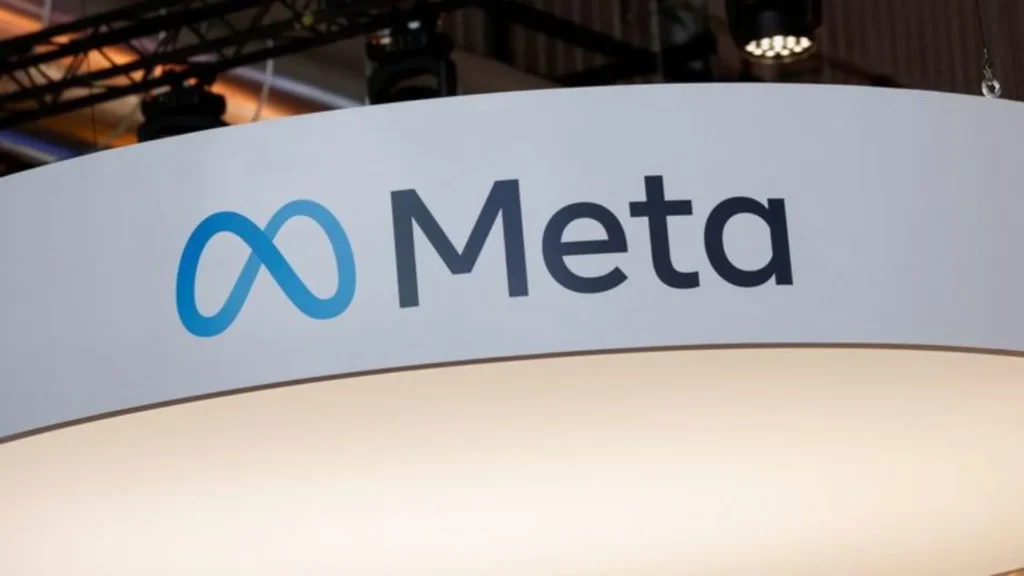
Meta has agreed to stop personalized ad targeting for a UK citizen as part of a privacy.
The case, filed by human rights advocate Tanya O’Carroll in 2022, argued that Meta violated UK data laws by not allowing her to opt out of data collection for ads.
UK’s Information Commissioner’s Office (ICO) backed O’Carroll, reinforcing that users have the right to object to personal data being used for direct marketing.
The lawsuit was settled on Friday, with Meta agreeing to stop using O’Carroll’s data for targeted ads, marking significant privacy win.
Meta, while denying wrongdoing, is now considering a subscription-based, ad-free experience for UK users, like its recent move in the EU.
Perplexity wants to buy TikTok & open source its algorithm
Perplexity Al claims it can rebuild TikTok’s algorithm from scratch without creating a monopoly and maintaining “Little Tech independence.”
Their plan includes:
Rebuilding the algorithm in U.S. data centers with American oversight. Making the recommendation system open-source and transparent.
Upgrading Al infrastructure using Nvidia Dynamo technology. Adding citation features to videos, like Perplexity’s existing search functionality.
Integrating search capabilities with TikTok’s video library. Enhancing personalization for users who connect Perplexity and TikTok accounts.
Implementing automatic translation for multilingual capabilities.
ByteDance has been reluctant to sell its U.S. operations, despite regulatory pressure. President Trump issued a 75-day delay, which expires on April 5.
Analysts estimate TikTok’s U.S. operations to be worth $30 billion to $50 billion, while Perplexity is seeking funding at a valuation of $18 billion.
The startup has a history of high-profile marketing stunts, including:
A $2.5 million ad campaign mocking Google’s Al Overviews.
Attempting to sponsor an Fl team for $5 million a year.
Claiming to hire actor Jimmy O. Yang as its Chief Security Officer.
Given Perplexity’s track record, it’s unclear if the bid is serious or just another PR stunt.
Elon Musk ask employees to not sell Tesla stock
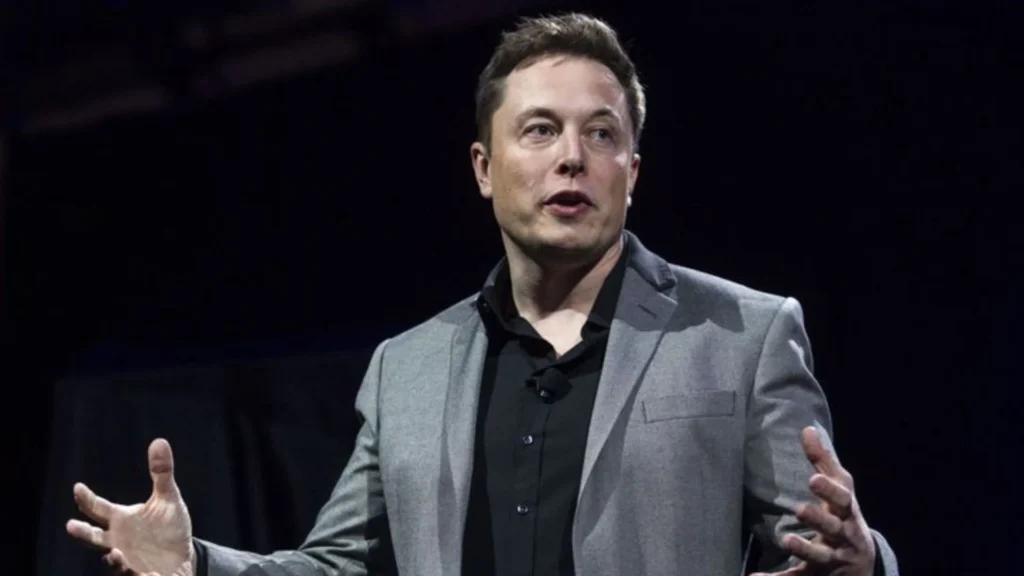
Elon Musk urged Tesla employees to “keep the faith” and hold onto their stock amid dealership vandalism and a record surge in vehicle returns.
Tesla shares have fallen over 50% in the past three months due to slowing sales and backlash against Musk.
Musk acknowledged the difficult period, citing arson attacks and defacement at Tesla dealerships, with U.S. Attorney General Pam Bondi charging three individuals with “domestic terrorism” for damaging Tesla vehicles.
During a company-wide meeting, Musk reassured employees about Tesla’s future, highlighting its long-term product roadmap, including full self-driving software.
Tesla shares rose 1% to $238.50 following the meeting.
Nike market cap fall below $100 Billion
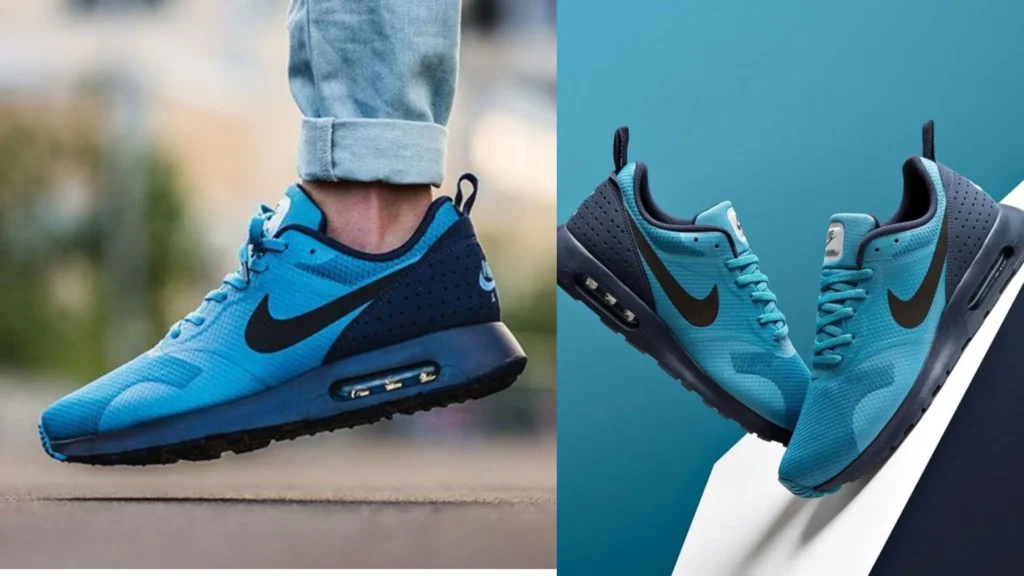
Nike’s stock dropped over 9% on Friday, reaching a five-year low and reducing its L market value to $97 billion, marking the first time it fell below $100 billion since pandemic.
The stock is down over 60% from its November 2021 peak of $281 billion and has fallen in post-earnings trading for six consecutive quarters.
Nike’s CFO said it would take “several quarters” to clear outdated inventory, requiring margin-reducing discounts.
The company reported a 9% drop in holiday quarter sales, including a 17% slump in China.
Nike’s struggle attributed to weak demand, a delayed turnaround, and a 20% tariff on Chinese imports that took effect in March, impacting nearly 25% of its merchandise.
UAE will invest $1.4 Trillion in USA
UAE commits $1.4 trillion in U.S. investments over 10 years after meetings with Trump.
Focus areas: Al infrastructure, semiconductors, energy, and manufacturing.
New aluminum smelter by Emirates Global Aluminum, first in 35 years, will nearly double U.S. domestic aluminum production.
UAE aims to diversify its economy beyond oil, betting on Al and strategic investments.
Gulf sovereign wealth funds, including Mubadala ($330 billion AUM), are already major U.S. investors.
$25 billion energy infrastructure & data center investment by ADQ (UAE) & Energy Capital Partners (U.S.) (announced this week).
Trump also asked Saudi Arabia to invest over $1 trillion in the U.S., deal expected soon.
India to face reciprocal tariff on April 2: Trump
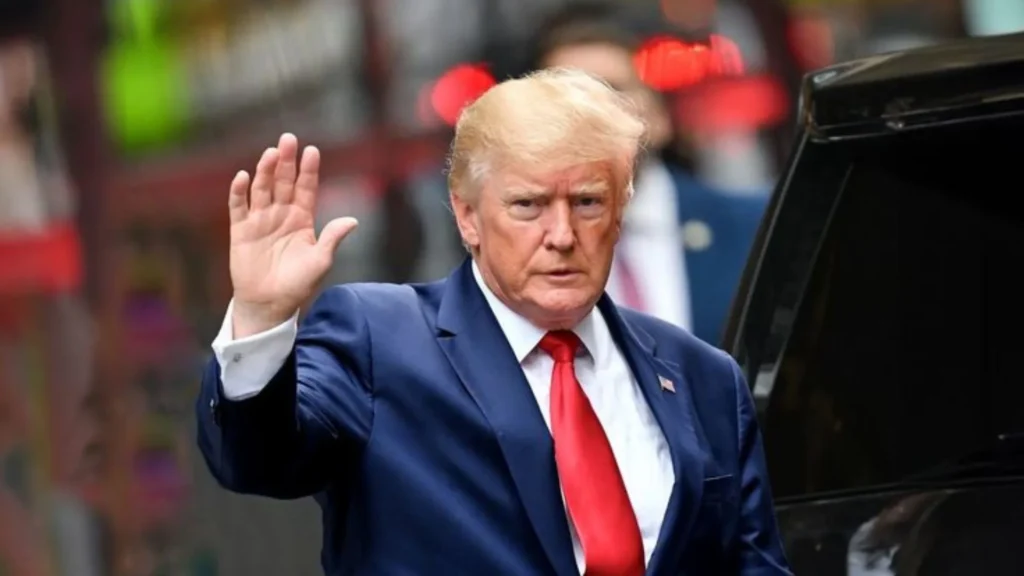
Trump announced that India would face reciprocal tariffs starting April 2, impacting agricultural and pharmaceutical exports.
India aims to resolve trade issues with the U.S. and finalize a bilateral trade agreement by year-end.
US tariff on steel, aluminum (25%) has already impact Indian export worth $5 billion
India may impose a 12% duty on certain imported steel products, potentially raising domestic prices.
U.S. tariffs on Indian goods increased from 2.72% in 2018 to 3.91% in 2021, slightly declining to 3.83% in 2022.
India’s tariffs on U.S. imports rose from 11.59% in 2018 to 15.30% in 2022.
Huawei captures 11% PC market share
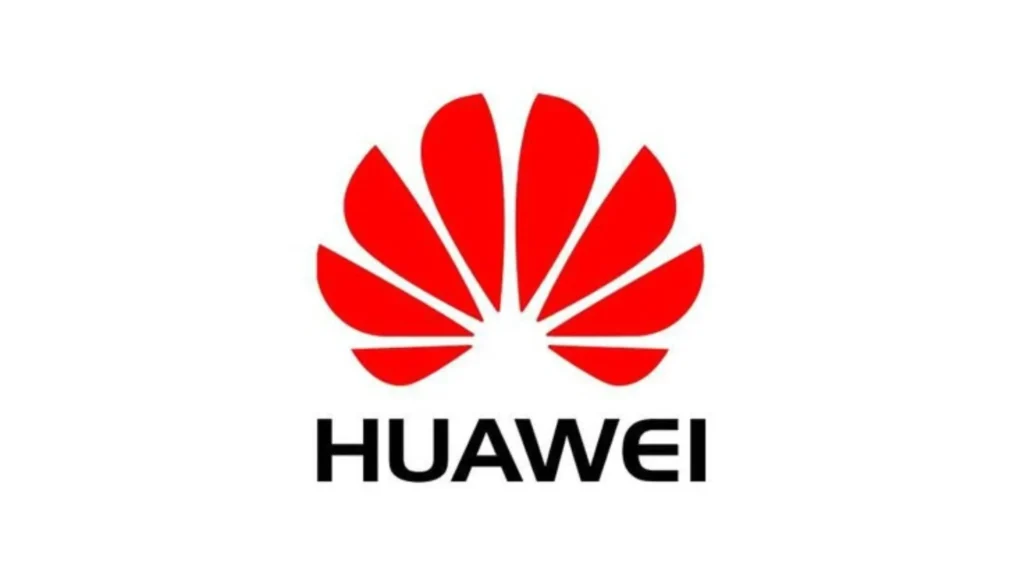
Huawei is accelerating its move away from American technology, replacing Intel, Qualcomm, and Microsoft in its PCs with homegrown alternatives.
The company’s long-term bet on HarmonyOS aims to create an independent hardware-software ecosystem
Kirin X90 chip has received a Level 2 national security certification from China’s Information Technology Security Evaluation Centre, making it suitable for govt and enterprise use.
With Qualcomm and Intel losing their special licenses to supply chips, Huawei is developing HarmonyOS-powered PCs to replace Windows-based machines.
Despite U.S. sanctions, Huawei’s PC business grew by 15% in 2024, shipping 4.3 million units and capturing 11% of China’s market, behind Lenovo’s 35%.

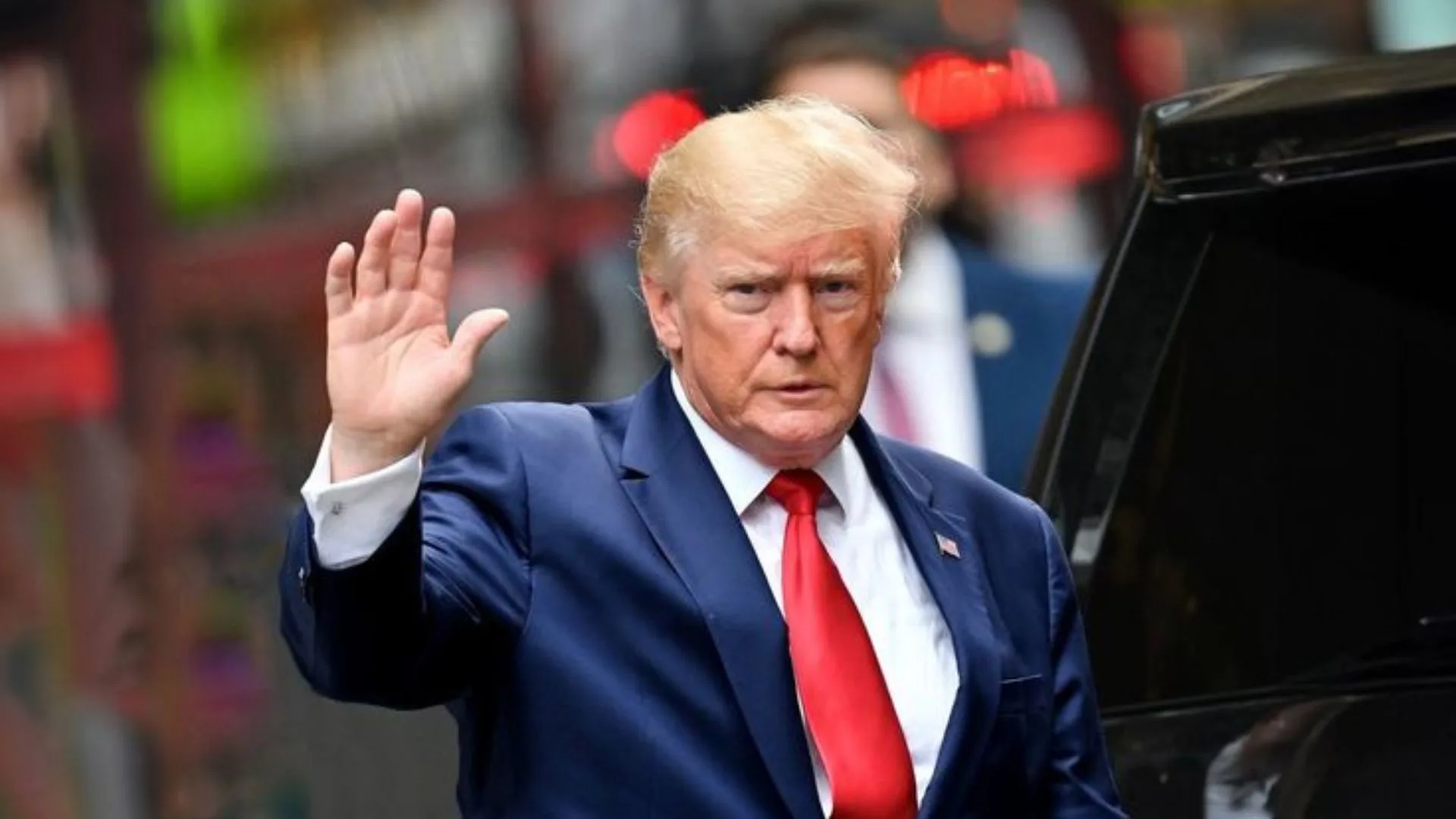
Leave a Reply